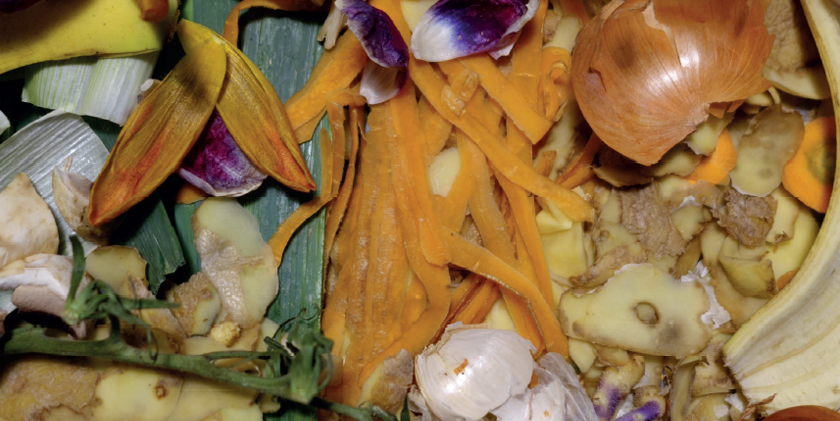Department Sanitation, Water and Solid Waste for Development
SOWATT – Selecting Organic Waste Treatment Technologies

Municipal solid waste continues to be a challenge for municipal authorities, and finding best practices and appropriate solutions for its management is of great interest to municipal officers. Municipal organic waste, also called biowaste, constitutes the main fraction of municipal solid waste in low- and middle-income settings.
The underlying concept is that biowaste has a value and that recycling biowaste can contribute to the economic and environmental sustainability of solid waste management. The SOWATT approach helps structure and assist in the process of comparing and selecting the most promising biowaste treatment options for a given case study.
We distinguish the following factors that influence the feasibility of an organic waste treatment approach:
- Technical feasibility: includes the land area required to implement the technology, the skills and capacity necessary to build and operate it and the waste feedstock quantity and quality the technology can treat.
- Economic feasibility: comprises the capital and operational costs of the treatment facility, as well as the revenue streams possible from sales of the products derived from waste by the specific treatment technology.
- Social impact: considers aspects, such as job creation, as well as health threats that a technology may pose to the workers and the communities living or working nearby.
Publications
- Zabaleta I., Mertenat A., Scholten L. and Zurbrügg C. (2020). Selecting Organic Waste Treatment Technologies. SOWATT. Eawag: Swiss Federal Institute of Aquatic Science and Technology, Dübendorf, Switzerland
- Mpanang’ombe, W., Tilley, E., Zabaleta, I., Zurbrügg, C., 2018. A biowaste treatment technology assessment in Malawi. Recycling 3.
- Appropriate Biowaste Treatment Technology for Aquitania, Colombia SOWATT tool for organic waste treatment decision making.
